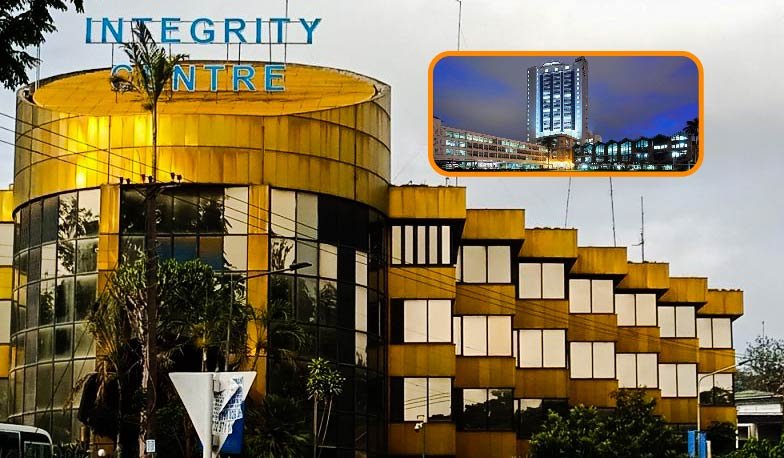The rise of AI, led by remarkable chatbots like ChatGPT, promises extraordinary economic changes. McKinsey predicts a $13 trillion boost to global GDP by 2030, with AI driving labor substitution and innovation. However, this progress raises concerns about job disruption, with Goldman Sachs estimating potential job replacements of 300 million. Yet, AI also offers new opportunities, requiring proactive skills development for a changing job landscape.
Artificial Intelligence (AI) has surged to prominence, with ChatGPT at its forefront, showcasing astonishing capabilities. While we marvel at AI’s potential, questions about its impact on jobs take center stage, echoing historical patterns of technological leaps. Today, as AI spearheads the fourth industrial revolution, its influence on employment is poised to be substantial.
The Economic Landscape of AI
McKinsey Global Institute forecasts an unprecedented economic impact from AI adoption, projecting an additional $13 trillion in global economic activity by 2030. This translates to a cumulative GDP growth increase of about 16%, rivaling the transformative power of historical general-purpose technologies. This transformation will be driven by labor substitution through automation and a surge in product and service innovation.
The AI Adoption Timeline
The journey toward AI integration is accelerating, with projections indicating that approximately 70% of companies will have embraced AI technologies by 2030. Forbes aptly describes AI as one of the most disruptive technologies, promising far-reaching effects on global economies.
Job Disruption and Creation
Goldman Sachs’ report highlights AI’s potential to replace around 300 million full-time jobs, accounting for a quarter of work tasks in the US and Europe. Despite initial concerns, it’s crucial to recognize that AI will also bring forth new opportunities and a surge in productivity. AI could boost the global annual value of goods and services by 7%, with predictions that up to two million manufacturing workers may be replaced by AI by 2025, according to an MIT and Boston University report.

Mitigating Disruption Through Adaptation
AI’s transformative wave doesn’t solely foretell job loss. Experts argue that it will create more occupations than it displaces. However, seizing these opportunities necessitates proactive skills development. The McKinsey Global Institute warns that by 2030, around 14% of employees worldwide might need to switch careers due to digitization, robotics, and AI. Those aiming to pivot toward AI-focused roles should equip themselves with the necessary skills, gaining a competitive edge through expertise in AI development.
AI’s rise is set to reshape the job market, matching the transformative forces of history. The future workforce will need adaptability to embrace new roles while honing skills that complement AI’s capabilities. As we navigate AI’s influence on jobs, we must remember that innovation and disruption coexist. By understanding the shifts, seizing emerging opportunities, and fostering continuous learning, we can unlock AI’s full potential and establish a harmonious coexistence between technology and humanity.






You must be logged in to post a comment.